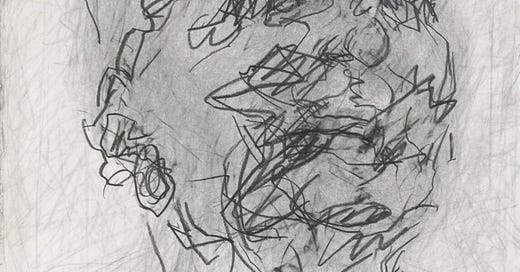Questions around identity have been among the most important and confusing of our day. Some are appalled that our society is being divided up into tiny tribes where people with a few common characteristics create identitarian units. Surely this isn’t strange, particularly in a culture as atomised and accelerated as ours. You like to be with people who are like you. It is defensive as well as reassuring.
The first time I was aware that I had an identity, and that it could be useful, was when I decided as a teenager that I wanted to be a writer. I started to call myself, in my mind, a writer. No one else knew that I was a writer because I hadn’t written much and they certainly hadn’t read it, thank God. But the notion that I could put this identity on like a new set of clothes, or a suit of armour, really helped me out. As a child and young man, I suffered racial abuse; I was at times, at school and on the street, known as ‘Paki’. Calling myself a writer was a self-designation which protected me. If I hadn’t yet become a writer, I would become one - it was an ambition, it made a future, and I wouldn’t be the first person to take on a moniker long before they were ready to inhabit it. So I can see the point and use of names.
Keep reading with a 7-day free trial
Subscribe to THE KUREISHI CHRONICLES to keep reading this post and get 7 days of free access to the full post archives.




